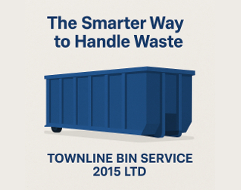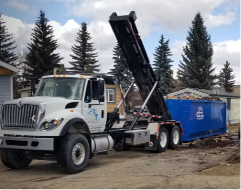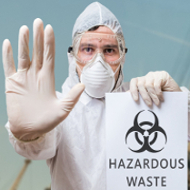Recycling Glass
Recycling glass bottles
Bottles to be recycled are collected at recycling centers. The glass is crushed to form cullet, which is transported to glass factories.
Glass is made from sand, soda ash, and limestone. Additives may be used to give the glass a color or to make it more resistant to heat. These raw materials are heated in a furnace to 3,272°F (1 ,800°C)'so they melt. The molten glass is poured into molds to form new bottles. Cullet is usually added to the furnace with the raw materials, so fewer raw materials are required to rT,Jake the glass.
Clear glass is the most valuable because it has many uses. A lot of brown glass is used for beer bottles. Green glass is the least useful and is used mostly for wine bottles. Glass also can be recycled to make garden paving, decorative jewelry, and a road surface called glasphalt.
Make sure that every glass bottle and glass container used by your family is recycled. There is plenty of glass recycling centers. Local authorities have recycling facilities that will accept glass. In many places, glass is collected from home. Contact your local authorities to find out the location of the nearest recycling center that accepts glass. You may also seek an advice from local private waste haulers. Usually, local Dumpster Rentals and Waste Haulers are very well aware of existing local recycling programs.
Call
Calgary Junk Removal
guys if you need to dispose of waste and recycle glass in Calgary, AB. If your waste removal project is in Edmonton, AB, then contact
Edmonton Dumpsters & Bin Rental
or
Edmonton, AB Roll Off Containers & Recycling
private companies for professional consultation. In Saskatchewan talk to waste management professionals from
Roll Off Dumpsters in Regina, SK.
Benefits of recycling
Recycling glass saves energy because glass made with cullet melts at a lower temperature than glass made from raw materials, so less energy is used to heat the materials in the furnace. It reduces the air pollution produced by glass manufacturing by 20 percent and the water pollution by 50 percent. It means less glass ends up in landfills and less broken glass is lying around to harm people and wildlife.
- Published: 2012-12-22T10:18:24-08:00
- Author: Laura Schmidt, Dumpster Rentals Customer Supp






